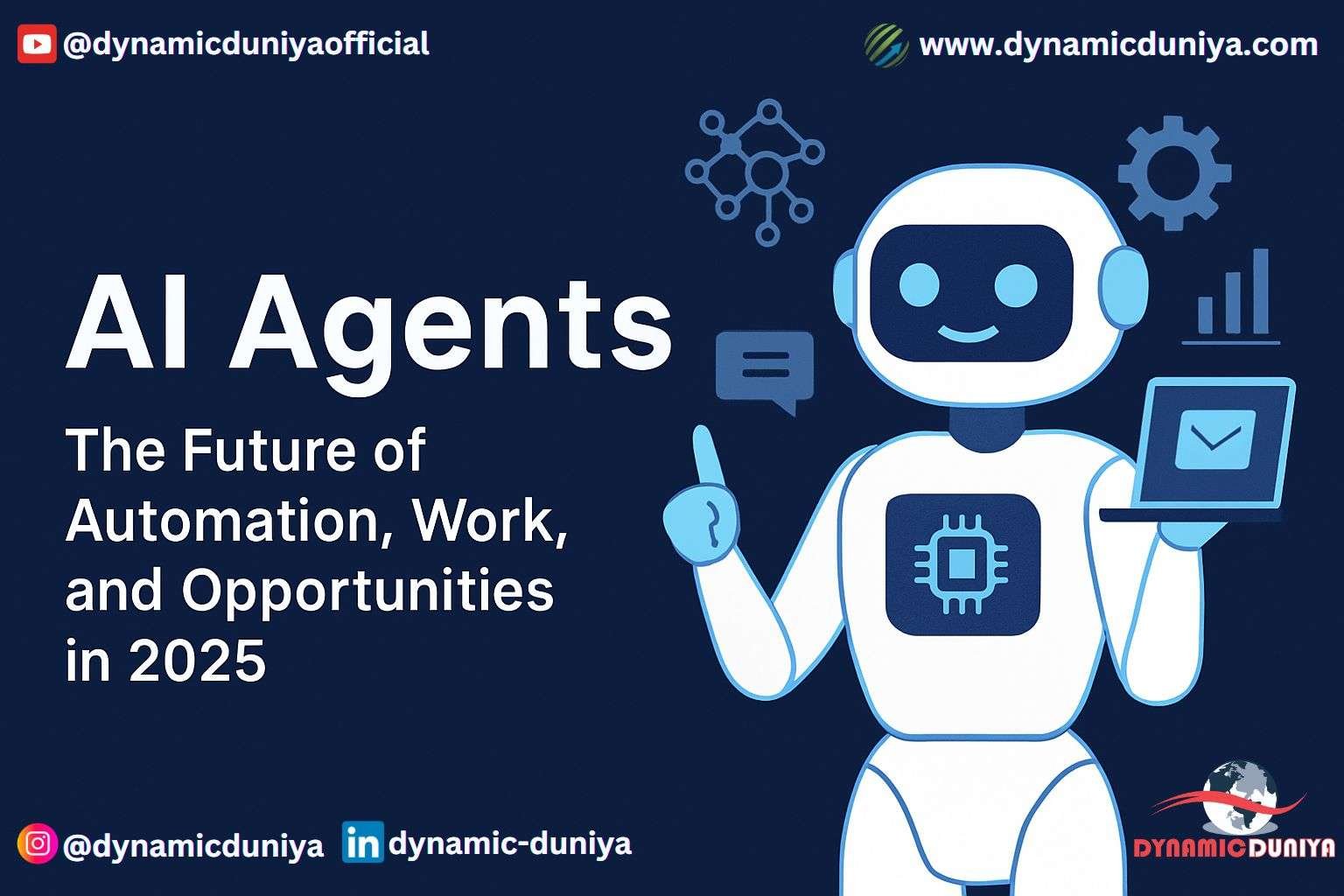How to Start Your Career as a DevOps Engineer

Introduction
DevOps is one of the most in-demand fields in the tech industry, bridging the gap between software development and IT operations. It enables faster development cycles, efficient collaboration, and scalable infrastructure management. Whether you are a beginner looking to enter the field or a professional aiming to transition into DevOps, this guide will provide you with a roadmap to get started.
Who is a DevOps Engineer?
A DevOps Engineer is responsible for automating and streamlining software development, deployment, and infrastructure management. They work with cloud platforms, CI/CD pipelines, containerization, and monitoring tools to ensure seamless integration and delivery of applications.
Why Choose a Career in DevOps?
- High Demand: DevOps professionals are highly sought after due to their expertise in automation and cloud computing.
- Attractive Salary: Salaries for DevOps engineers are among the highest in the IT industry.
- Diverse Opportunities: DevOps roles exist across industries, from startups to multinational corporations.
- Continuous Learning: The field evolves rapidly, providing continuous learning opportunities.
- Collaboration and Efficiency: DevOps fosters a culture of teamwork and efficiency between development and operations teams.
Key Skills Required for DevOps
To excel in DevOps, professionals should develop the following technical and soft skills:
Technical Skills:
- Linux and Scripting: Understanding Linux operating systems and scripting languages like Bash, Python, or PowerShell.
- Version Control: Using Git and platforms like GitHub or GitLab for source code management.
- Continuous Integration & Continuous Deployment (CI/CD): Tools like Jenkins, GitHub Actions, GitLab CI/CD, and CircleCI.
- Infrastructure as Code (IaC): Automating infrastructure using Terraform, Ansible, CloudFormation, or Puppet.
- Cloud Computing: Working with AWS, Azure, or Google Cloud for scalable infrastructure.
- Containerization and Orchestration: Proficiency in Docker and Kubernetes.
- Monitoring and Logging: Implementing tools like Prometheus, Grafana, ELK Stack, and Datadog.
- Networking and Security: Understanding cloud networking, security best practices, and compliance frameworks.
Soft Skills:
- Problem-Solving: The ability to troubleshoot and resolve issues efficiently.
- Collaboration: Working closely with development, operations, and security teams.
- Adaptability: Keeping up with evolving technologies and best practices.
- Communication: Clear and effective communication to explain complex concepts.
Steps to Start Your DevOps Career
For Beginners:
- Learn the Basics: Start with Linux, networking, and scripting.
- Understand Cloud Computing: Get hands-on experience with AWS, Azure, or GCP.
- Master CI/CD Pipelines: Learn Jenkins, GitHub Actions, or GitLab CI/CD.
- Explore Infrastructure as Code: Use Terraform or Ansible to automate infrastructure.
- Get Comfortable with Containers: Learn Docker and Kubernetes.
- Work on Projects: Build projects to automate deployments and monitor systems.
- Get Certified: Obtain certifications like AWS Certified DevOps Engineer, Certified Kubernetes Administrator (CKA), or Microsoft Azure DevOps Engineer.
For Professionals Looking to Transition:
- Leverage Existing Skills: If you have experience in software development or system administration, start learning automation and CI/CD tools.
- Focus on Cloud and IaC: Master Terraform, Ansible, and cloud services.
- Gain Hands-on Experience: Set up DevOps pipelines and deploy applications in a cloud environment.
- Join DevOps Communities: Participate in forums, attend meetups, and contribute to open-source projects.
- Apply for DevOps Roles: Highlight automation, cloud, and CI/CD experience in your resume and job applications.
Salary Range for DevOps Engineers in India (2025)
- Entry-Level (0-2 years): ₹3,80,000 - ₹6,00,000 per year
- Mid-Level (2-6 years): ₹6,00,000 - ₹15,00,000 per year
- Senior-Level (6+ years): ₹15,00,000 - ₹30,00,000 per year
- Top-tier professionals: ₹30,00,000+ per year, especially in multinational companies or specialized roles
Conclusion
A career in DevOps is rewarding, with opportunities for growth, high salaries, and continuous learning. Whether you are starting from scratch or transitioning from another role, mastering cloud computing, automation, and CI/CD practices will set you on the right path. Stay updated with industry trends, gain hands-on experience, and build a strong portfolio to succeed in DevOps.
Random Blogs
- Top 10 Blogs of Digital Marketing you Must Follow
- AI & Space Exploration – AI’s Role in Deep Space Missions and Planetary Research
- Transforming Logistics: The Power of AI in Supply Chain Management
- AI is Replacing Search Engines: The Future of Online Search
- Understanding Data Lake, Data Warehouse, Data Mart, and Data Lakehouse – And Why We Need Them
- Create Virtual Host for Nginx on Ubuntu (For Yii2 Basic & Advanced Templates)
- What to Do When Your MySQL Table Grows Too Wide
- How Multimodal Generative AI Will Change Content Creation Forever
- How to Become a Good Data Scientist ?
- How AI is Making Humans Weaker – The Hidden Impact of Artificial Intelligence
Prepare for Interview
- JavaScript Interview Questions for 5+ Years Experience
- JavaScript Interview Questions for 2–5 Years Experience
- JavaScript Interview Questions for 1–2 Years Experience
- JavaScript Interview Questions for 0–1 Year Experience
- JavaScript Interview Questions For Fresher
- SQL Interview Questions for 5+ Years Experience
- SQL Interview Questions for 2–5 Years Experience
- SQL Interview Questions for 1–2 Years Experience
- SQL Interview Questions for 0–1 Year Experience
- SQL Interview Questions for Freshers
- Design Patterns in Python
Datasets for Machine Learning
- Awesome-ChatGPT-Prompts
- Amazon Product Reviews Dataset
- Ozone Level Detection Dataset
- Bank Transaction Fraud Detection
- YouTube Trending Video Dataset (updated daily)
- Covid-19 Case Surveillance Public Use Dataset
- US Election 2020
- Forest Fires Dataset
- Mobile Robots Dataset
- Safety Helmet Detection
- All Space Missions from 1957
- OSIC Pulmonary Fibrosis Progression Dataset
- Wine Quality Dataset
- Google Audio Dataset
- Iris flower dataset
- Artificial Characters Dataset
- Bitcoin Heist Ransomware Address Dataset






